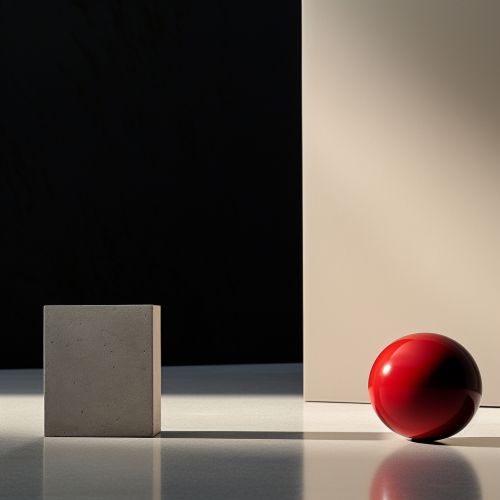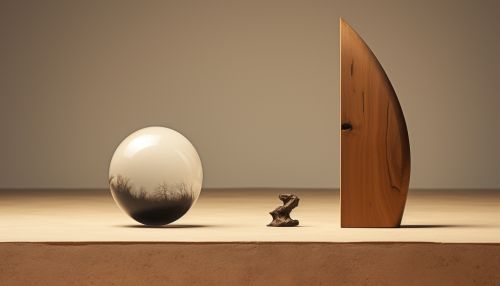Incongruity theory
Overview
Incongruity theory, a concept rooted in humor theory, posits that humor arises from the perception of something that violates our mental patterns and expectations. This theory is one of the three main theories of humor, the other two being the superiority theory and the relief theory. Incongruity theory suggests that humor is perceived at the moment of realization of incongruity between a concept involved in a certain situation and the real objects thought to be in some relation to the concept.


History
The incongruity theory has a long history, with roots in the works of ancient philosophers. The Greek philosopher Aristotle hinted at a version of the incongruity theory when he said that the laughable is a subset of the ugly, and that we laugh at ugly or deformed individuals not because of what they are but because of the surprise of their disproportion.
Concept
The central idea of the incongruity theory is that humor or laughter is linked with the perception of incongruity. Incongruity can be defined as a situation where things don’t fit together as expected. This could be a joke where the punchline is unexpected, a situation where something surprising happens, or a phrase that has a double meaning that was not initially obvious.
Incongruity-Resolution Model
The Incongruity-Resolution model, proposed by Jerry Suls, a researcher in the psychology of humor, is a more detailed version of the incongruity theory. This model suggests that humor is experienced when an incongruity is resolved in some way, such as when the punchline of a joke makes sense of a previously nonsensical setup.
Applications
Incongruity theory has been applied in various fields such as advertising, psychology, and literature. In advertising, for example, marketers often use incongruity to make their ads more memorable. In psychology, incongruity theory can help explain why we find certain things funny and others not. In literature, authors often use incongruity for comedic effect.
Criticisms
Despite its wide acceptance, the incongruity theory has been criticized for its inability to explain why some incongruities are not funny and why some non-incongruities are funny. Critics argue that the theory is too broad and does not provide a complete explanation of humor.
